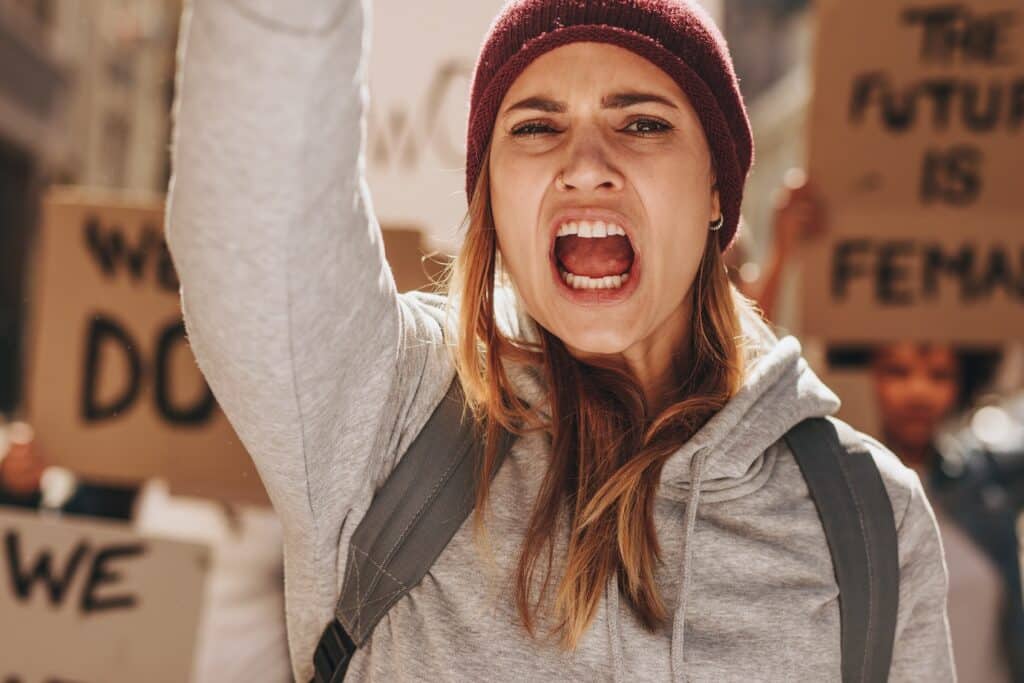The United Nations has released a depressing report showing that, for a decade now, gender inequality hasn’t improved.
It’s looking like we are unlikely to meet the UN’s goal of gender parity by 2030 without increased investment into women’s rights. The research cites cultural biases and pressures as the hindrance to women’s empowerment, globally.
In the latest Gender Social Norms Index (GSNI) report, the UN Development Programme (UNDP) analysed seven biassed gender social norms among both men and women to find that they’re “prevalent worldwide”.
“Almost 90 per cent of people have at least one bias”, according to the report. And half of people worldwide still believe men make better political leaders than women, with more than 40 per cent under the belief that men make better business executives as well.
A staggering 25 per cent of people also believe it’s justified for a man to beat his wife, and only 27 per cent believe it’s essential for democracy that women have the same rights as men.
The GSNI uses data from the international research programme World Values Survey (WVS), which draws from data sets spanning 2010-14 and 2017-22. Eighty countries and territories, covering 85 per cent of the global population, were included in the survey.
Women are more skilled and educated than ever before, yet the report shows that even in the 59 countries where women are now more educated than men, the average gender income gap remains a disheartening 39 per cent in favour of men.
Looking at leadership, the stats show, on average, the share of women as heads of state or heads of government has remained around 10 per cent since 1995. In the labour market, women occupy less than a third of managerial positions.
And despite more and more women’s rights and social movements popping up, such as #MeToo, the Covid-19 crisis has stalled progress on inequality. Many women lost their income during this time and took on greater caring responsibilities on account of biassed social norms.
The data showed women spend 6 times as much time as men on unpaid care work in countries with the highest levels of gender biases against women.
“An important place to start is recognising the economic value of unpaid care work,” said Raquel Lagunas, Director of UNDP’s Gender Team. “This can be a very effective way of challenging gender norms around how care work is viewed.
Amongst the grim data, however, the report emphasises that change towards greater gender equality is possible with increased investment, insurance and innovation into human development.
This means investing in laws and policy measures that promote women’s equality in political representation and “all spheres of life”.
The report also recommends using education that directly addresses social norms to change people’s views.
Head of UNDP’s Human Development Report Office, Pedro Conceição said, “Social norms that impair women’s rights are also detrimental to society more broadly, dampening the expansion of human development.”
“In fact, lack of progress on gender social norms is unfolding against a human development crisis: the global Human Development Index (HDI) declined in 2020 for the first time on record—and again the following year.”
“Everyone stands to gain from ensuring freedom and agency for women.”

